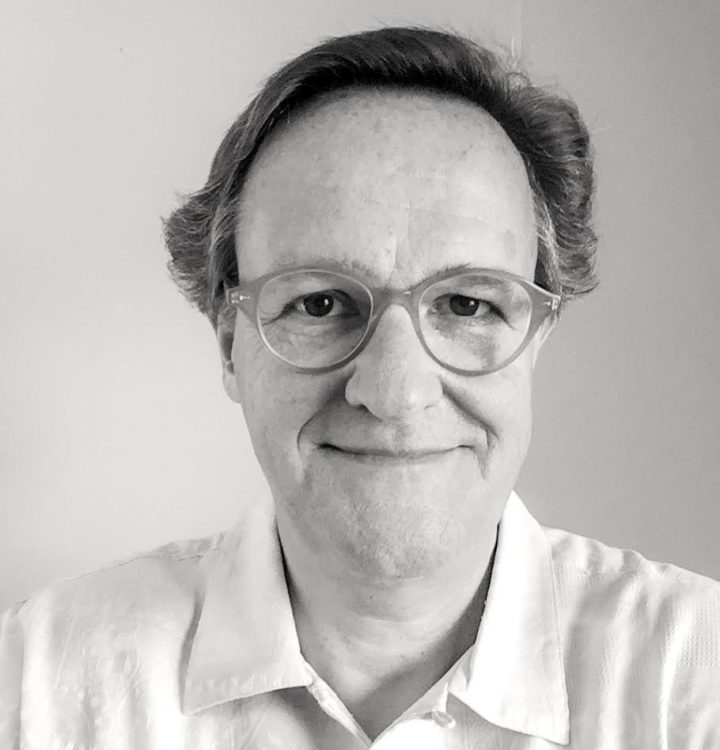The third article in TFF’s series “The New Cold War”
Most people believed that the world would become a better place when the Soviet Union and the Warsaw Pact collapsed a quarter of a century ago.
But instead Western countries squandered modern history’s best opportunity to create stability, peaceful co-existence, a better Europe and peace.
Today tension is rising. The risk of ‘hot war’ in Europe too.
By Jan Oberg
No one proposes confidence building measures or taking steps toward de-escalation. Show of physical force – and the lack of intellectual force – is the order of the day.
Security politics is run on seriously immature and anti-intellectual premises and provide us – the taxpayers who finance these games – with anything but security and peace.
It is easier to escalate than to de-escalate and one day it may all get out of hand.
This dangerous development is not mainly about Ukraine no matter what you believe happend there. This series tells you it’s a bit more complicated.
* *
Since the First Cold War ended, 10 former Warsaw Pact countries have become NATO members. Yugoslavia’s Croatia and Slovenia too.
There are many ways of measuring military strength but comparing military expenditures in constant prices is a fairly good one.
And here are the facts:
During the First Cold War the Warsaw Pact’s military expenditures were about 75-85% of NATO’s.
Today Russia’s military expenditures are 8% of NATO’s and 12% of those of the U.S.
This means that only a suicidal or mentally ill leader in Moscow would think of starting a war with even one NATO or NATO-related country.
In spite of that, the entire Western press and leading politicians tell you daily that NATO must arm even more and that Russia is preparing to invade, occupy and control a part of Western Europe.
But they never tell you these figures. Either because they are fact-ignorant or part of the political correctness and propaganda machine that suppresses open debate about reality.
Make-believe, propaganda and even lies/concealment rein way over rational knowledge in this field, in these times.
One must indeed wonder why the West – that has much less to fear militarily than ever since 1945 – either pretends to be so fearful or acts with such out-of-proportion irrationality and alarmism.
Later articles in this series will attempt to clarify the enigma.
See: Much stronger than during the
First Cold War. Why is NATO so irrational?










